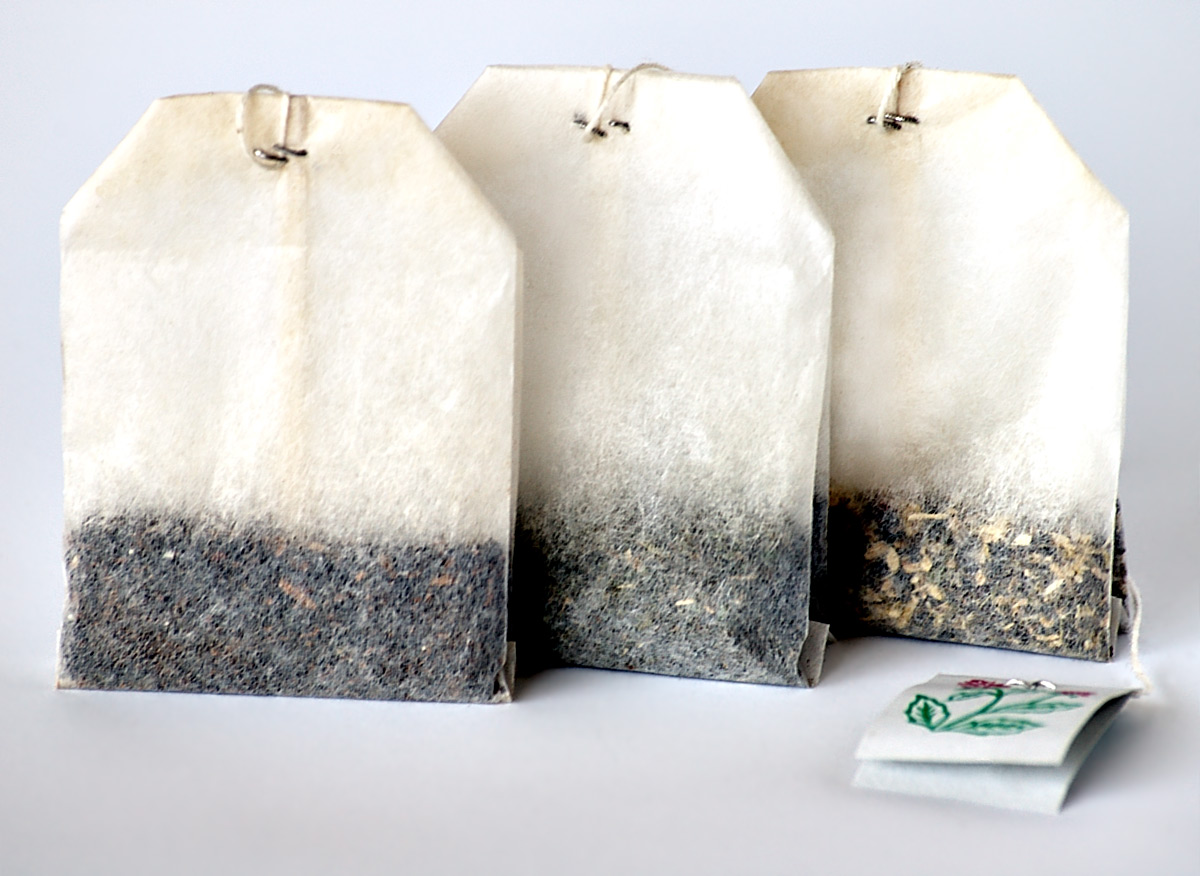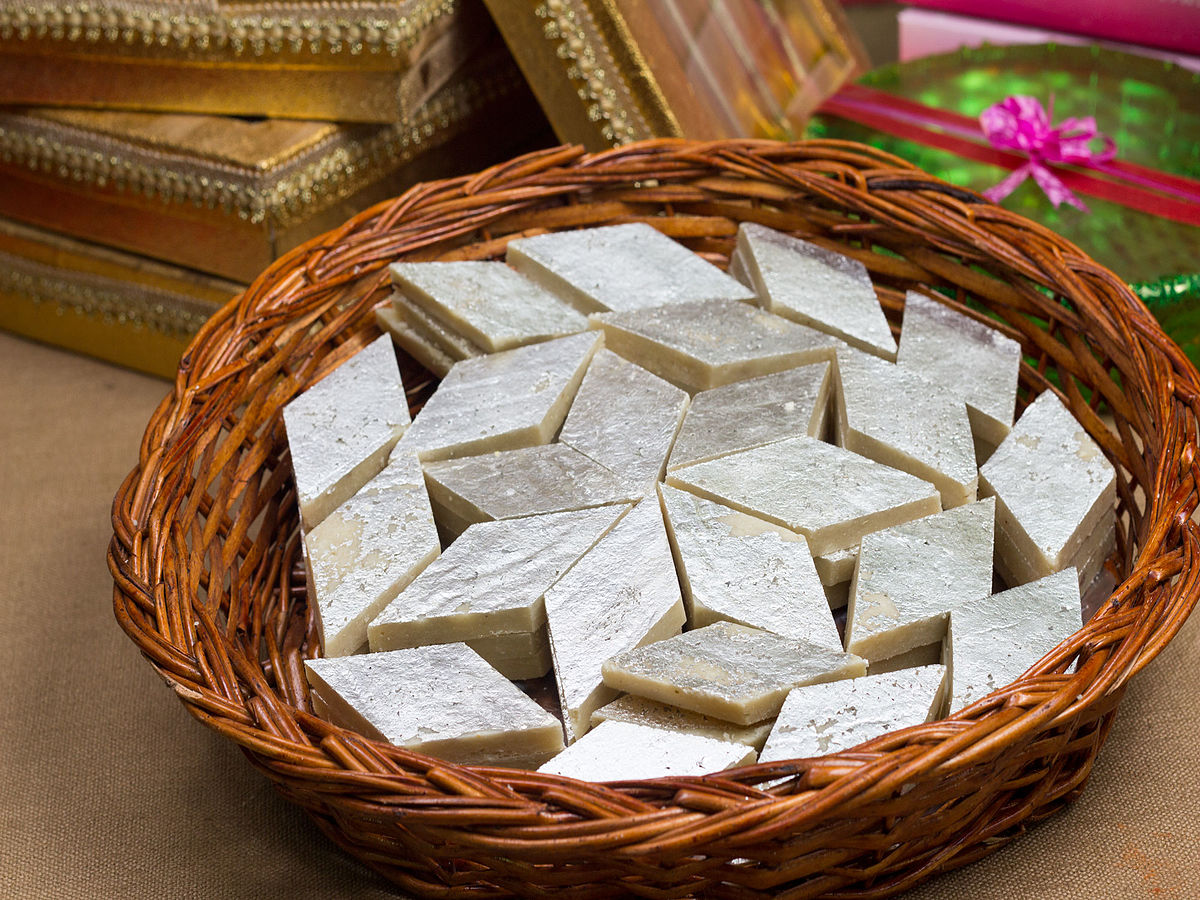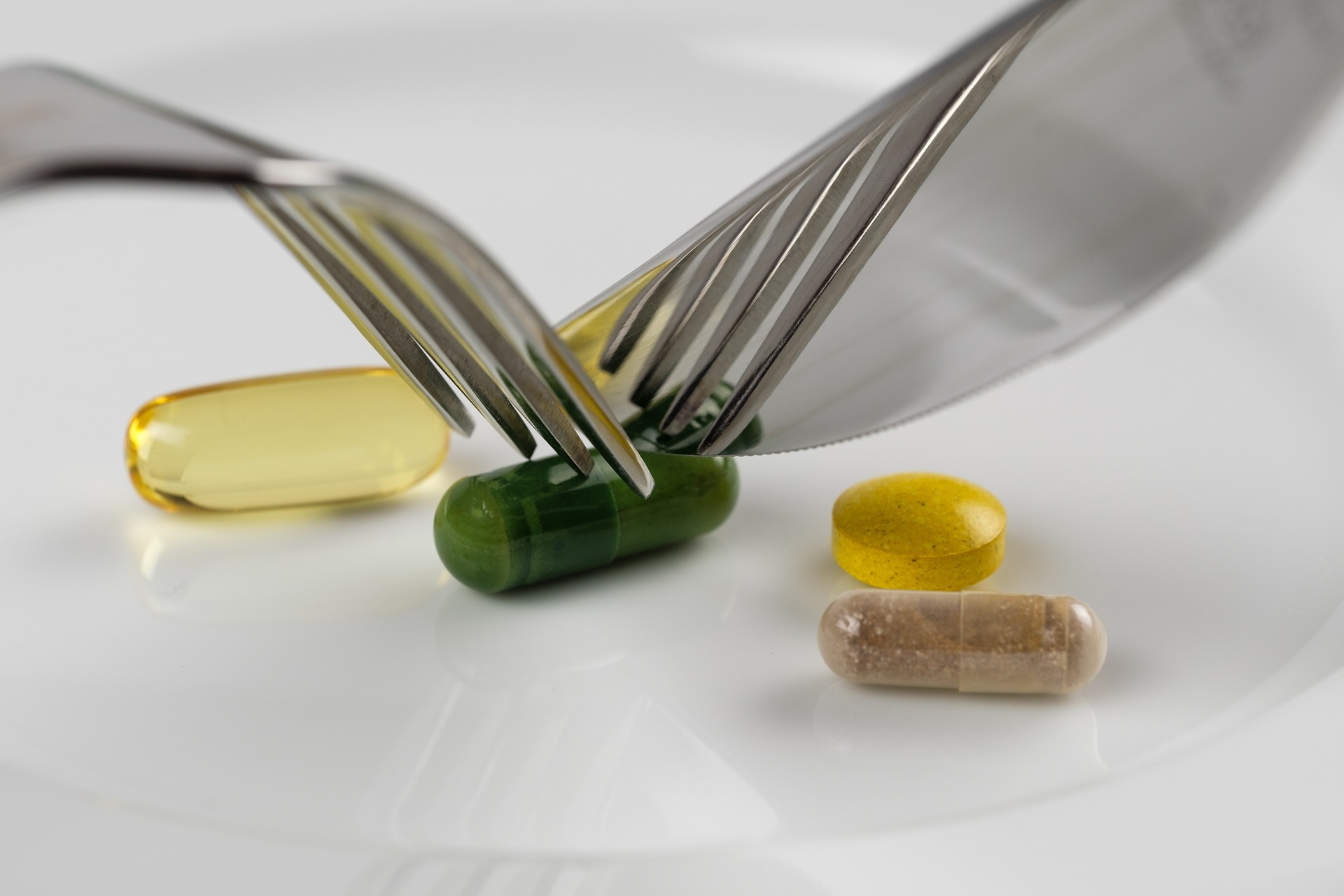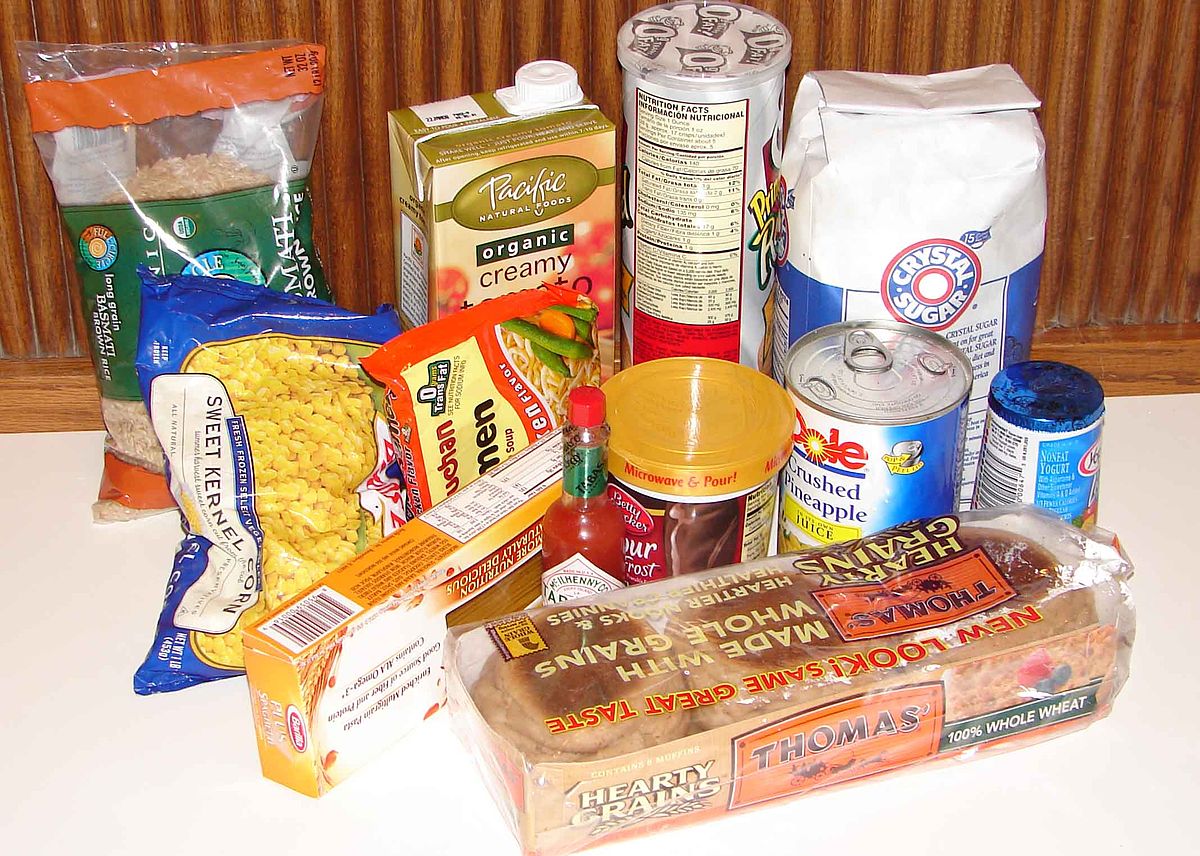Knew Stapler Pins in Tea Bags Are Banned? 4 FSSAI Bans You Should Know About
Since the last year, health supplements companies have come under the scanner. There were reports and research that pointed to the harm that health supplements cause in the long run.

As consumers, we are quick to react to any slip-ups from a brand or government entity. However, we don’t often applaud the good.
The Food Safety and Standards Authority of India (FSSAI) has been implementing several changes, which have led to higher standards in food safety and quality in the country.
Here’s a list of a few practices that have been banned by the FSSAI, but they continue because of lack of awareness.
1. Stapler pins in tea bags

Source: Wikimedia Commons
Do you remember seeing the tea bag stapled in the recent past? If yes, then you can write to the FSSAI and lodge a formal complaint.
In July 2017, a circular was issued by the FSSAI banning tea manufacturers from using stapler pins in tea bags.
The circular read, “Taking cognisance of the risk to public safety in using staple pins in tea bags by some FBOs, the Food Authority in exercise of the power conferred under Section 16 (5) of FSS Act, 2006, hereby directs the concerned FBOs to discontinue the manufacture, storage, distribution, sale, and import of stapled tea bags by January 1, 2018.”
2. Animal origin silver leaf

The silver leaf, also known as chandi ka warq, that would be used to decorate various Indian sweets, including kaju katli and paan, has been banned. There were concerns that the silver leaf contained heavy metal traces such as nickel, lead, chromium and cadmium—which are harmful to health.
The 2016 regulation stated, “It should be in the form of a sheet of uniform thickness, free from creases and folds. The weight of the silver leaf should be up to 2.8g/sq m, and silver content should be of minimum 999/1,000 fineness.”
The regulation further stated, “It should not be manufactured using any material of animal origin at any stage and be in accordance with the provisions of the Food Safety and Standards (Contaminants, Toxins and Residues) Regulations, 2011, and the Food Safety and Standards (Packaging and Labelling) Regulations, 2011.”
3. Health supplements as medicines

Source: Maxpixels
Since the last year, health supplements companies have come under the scanner.
There were reports and research that pointed to the harm that health supplements cause in the long run.
According to the FSSAI, “every package of food or health supplements shall carry the information on the label and the term ‘NOT FOR MEDICINAL USE’ shall be prominently written on the label.”
Be sure to check this before purchasing these products.
4. Toluene in printing food packets

Toluene is a chemical that is used in paint thinners. Even with various layers between the packet and the food item, toluene is known to permeate into the food. It can potentially cause liver and kidney damage. Although it has been banned across the food industry, it is a widely used packaging material in the country!
Partha Pratim Sanyal, an independent consultant and convener of a BIS Panel on packaging inks told The Mint, “The Bureau of Indian Standards (BIS), decided to restrict [the] use of toluene, titanium acetylacetonate and phthalates in [the] printing of packaging materials used for food products.”
You May Also Like: Fssai Introduces Restrictions on Reusing Cooking Oil: Tips to Be Healthy at Home
While the FSSAI has been coming up with proactive steps in favour of consumers, it is important that we are aware of the changes and ensure that they are implemented.
(Edited by Shruti Singhal)
Like this story? Or have something to share?
Write to us: [email protected]
Connect with us on Facebook and Twitter.
If you found our stories insightful, informative, or even just enjoyable, we invite you to consider making a voluntary payment to support the work we do at The Better India. Your contribution helps us continue producing quality content that educates, inspires, and drives positive change.
Choose one of the payment options below for your contribution-
By paying for the stories you value, you directly contribute to sustaining our efforts focused on making a difference in the world. Together, let’s ensure that impactful stories continue to be told and shared, enriching lives and communities alike.
Thank you for your support. Here are some frequently asked questions you might find helpful to know why you are contributing?


This story made me
-
97
-
121
-
89
-
167











